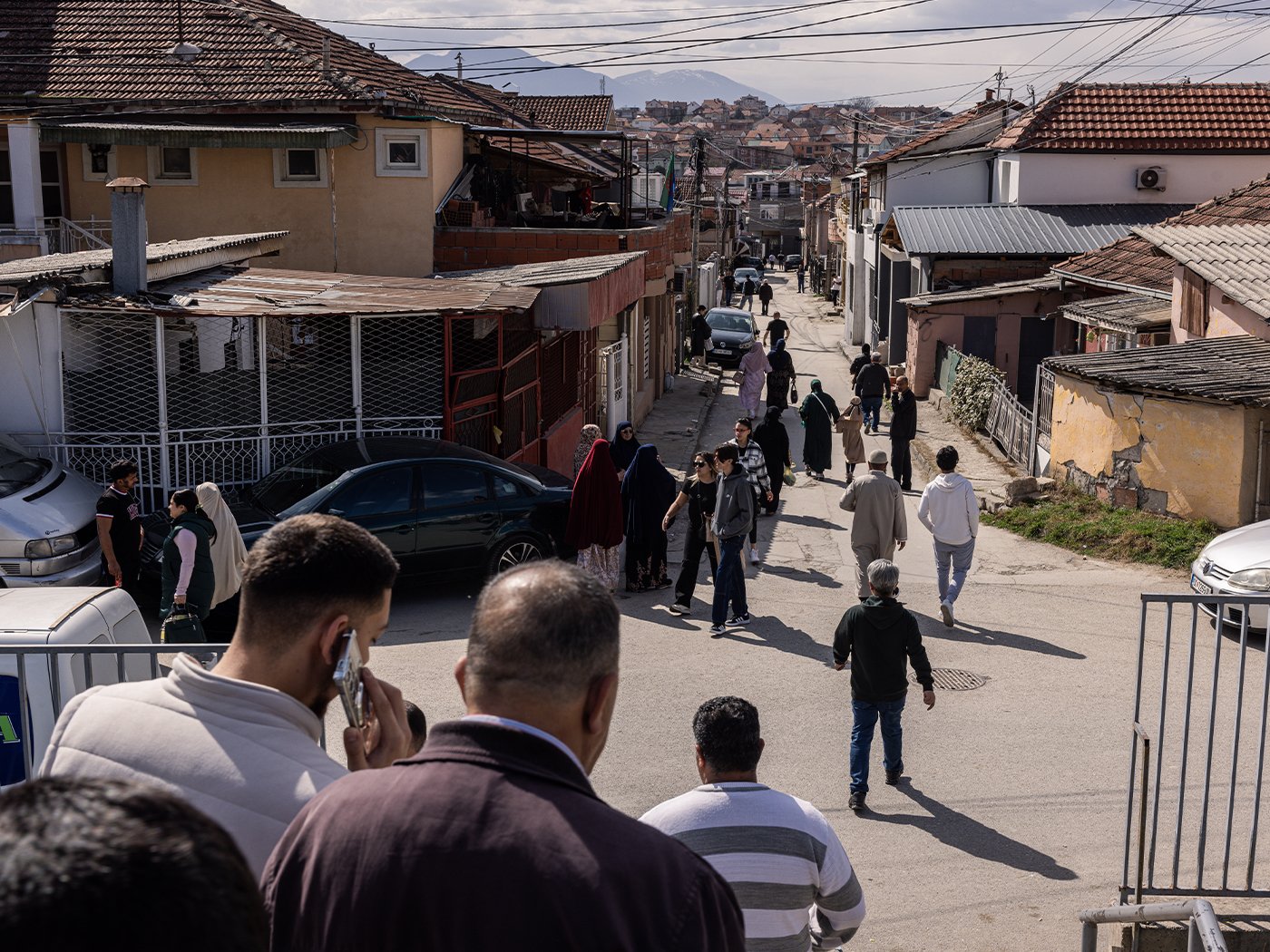The Open Society Foundations have spearheaded an unprecedented effort, working with Roma communities to secure the Roma’s rightful position in European society.
Who are the Roma?
The Roma are an ethnic group who have lived in Europe since their migration from India over 1,000 years ago. Roma cultural heritage includes a rich oral tradition, art forms such as flamenco, an emphasis on family, and Romanës, the Roma language. Roma identity is often portrayed stereotypically as that of the exotic or outsider “gypsy” (a label considered by many to be derogatory), but the reality is much more complex and varied.
How large is the Roma population in Europe, and what challenges do Roma face?
Today Roma are the largest—around 12 million people—and most disadvantaged ethnic minority in Europe. In 2003, a United Nations report provided, for the first time, robust statistical evidence on the extent of the challenges faced by Roma, including illiteracy, infant mortality, unemployment and segregation in education. Hunger and malnutrition, squalid housing without plumbing or sanitation, substandard health care, and other factors mean Roma have the shortest life expectancy in Europe.
How have Roma been excluded from society?
Over the centuries, Roma have been subjected to oppression and violence by other Europeans. During the Second World War, the Nazis exterminated hundreds of thousands of Roma (a time referred to as the Baro Porrajmos, or Great Devouring). After the war Roma continued to experience—and in some places, still do—killings, violence, forced sterilization, forced segregation, evictions, and extreme poverty.
Recently political leaders in Europe have fomented hatred of the Roma in order to win popular support. Their messages of intolerance resonate widely and often encourage violence from individuals and groups in countries such as Hungary, the Czech Republic and Romania where there have been fatal beatings, shootings, and firebombings against Roma.
Roma people are determined to resist the injustice. Decades ago, Roma began organizing internationally. In recent years, Roma activists and leaders have begun to grow in numbers, helped by a generation of university educated Roma graduates. These activists are working to organize their communities, build grassroots change and demand political action for justice.
This explainer was originally published on opensocietyfoundations.org.

Roma Foundation for Europe
The latest

Europe’s Growth Depends on Roma Talent

Roma Exclusion Is a Security Blind Spot at Munich, Warns Roma Foundation for Europe

North Macedonia’s Week of Chaos—And the One Crisis the Government Chose to Put on TV
Browse by category
Campaigns
Events
Facts
Press
Voices
For media inquiries:
[email protected]Sign up here so you don’t miss out on campaign updates, upcoming events and other news from the Roma Foundation for Europe and our network.
Sign up for our newsletter